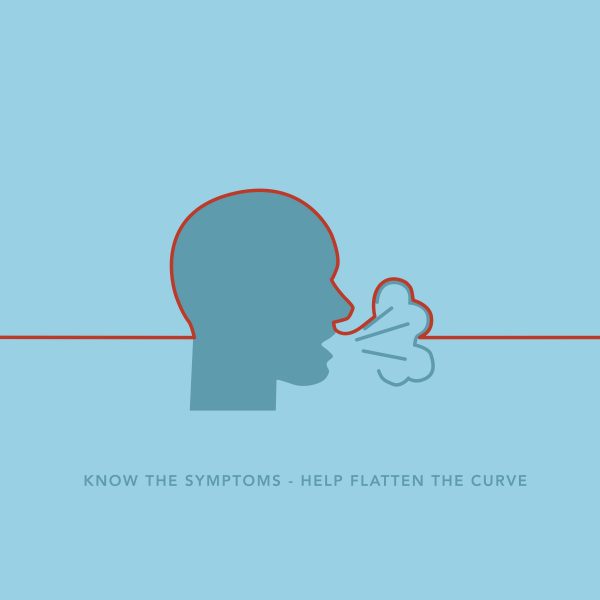ACER DFAT initiative GEM Centre produces policy tool for resilient education systems

The GEM Centre, a strategic partnership between the Australian Council for Educational Research (ACER) and the Australian Government’s Department of Foreign Affairs and Trade (DFAT) has created a new Education in Emergencies Policy Monitoring Tool to support education policymakers to prioritise their activities at national, regional and local levels to build resilient education systems.
Created in the wake of the global COVID-19 pandemic which has impacted the education of over 1.5 billion children and youth globally, the creators hope the tool will help to inform future policy responses after a situation which they say has highlighted the vulnerabilities and inequalities of national education systems.
“The COVID-19 emergency provided the motivation for this research, but learnings from past EiE situations also informed the understandings of the impacts and implications of the pandemic,” explained Dr Pina Tarricone, ACER Principal Research Fellow.
“These learnings have been combined with literature about the impacts of the COVID-19 pandemic on education to inform policymakers about how to build resilient education systems,” she added.
To support policymakers, the review includes an EiE Policy Monitoring Framework and an EiE Policy Monitoring Tool.
The EiE Policy Monitoring Framework is underpinned by an emergency management cycle that identifies Preparedness, Response and Recovery phases. These phases have been informed by the Minimum Standards for Education: Preparedness, Response, Recovery developed by the Inter-agency Network for Education in Emergencies.
Unique to the EiE Policy Monitoring Framework are three factors – Systems, Teaching and Learning, and Agents – that are integral to each emergency management phase.
These three factors have been identified to assist policymakers with managing national, state or local education systems and school-level planning. The importance of these three factors for building resilient education systems is supported by the broader literature of the rapid review.

The EiE Policy Monitoring Tool was developed based on this framework. The value of the tool lies in its tiered description of 44 lower-level policy issues that correspond with 15 broader policy considerations under the three factors (Systems, Teaching and Learning, and Agents).
Examples of policy considerations include:
- Planning for education in emergencies
- Communicating between and with education stakeholders
- Constructing robust ICT infrastructure
- Applying multiple teaching modalities
- Engaging the community’ and ‘developing teacher capacity.
The tool allows users to identify policy considerations and issues that are of concern to their education system. By allocating a risk rating of low, medium, high or very high, policymakers can see “at a glance” those policy considerations and issues that need further work across the preparedness, response and recovery phases, and could easily be applied to early childhood education and care.
Given the ongoing and evolving nature of the COVID-19 pandemic, each education system is currently operating in different phases of the emergency management cycle and will need to strengthen diverse policy considerations and issues to develop greater resilience. Policymakers can adapt the tool by removing or adding considerations and issues based on their context and the emergency phase that their education system is in.
“Supporting policymakers to navigate the challenges of continuing education during the COVID-19 pandemic is at the core of the work of the GEM Centre,” Dr Tarricone said.
“Our strategic partnership with DFAT ensures we can support governments and partners in the Indo-Pacific, and around the world, to make evidence-based decisions relevant to their context to help build resilient education systems.”
Building resilient education systems: A rapid review of the education in emergencies literature, by Pina Tarricone, Kemran Mestan and Ian Teo may be accessed through the link provided.
Popular

Quality
Practice
Provider
Research
Workforce
Honouring the quiet magic of early childhood
2025-07-11 09:15:00
by Fiona Alston

Workforce
Policy
Quality
Practice
Provider
Research
The silent oath: Why child protection is personal for every educator
2025-07-17 09:00:31
by Fiona Alston

Practice
Provider
Quality
Research
Embedding cultural safety and responsiveness to strengthen belonging in early childhood education
2025-07-14 13:21:23
by Contributed Content










